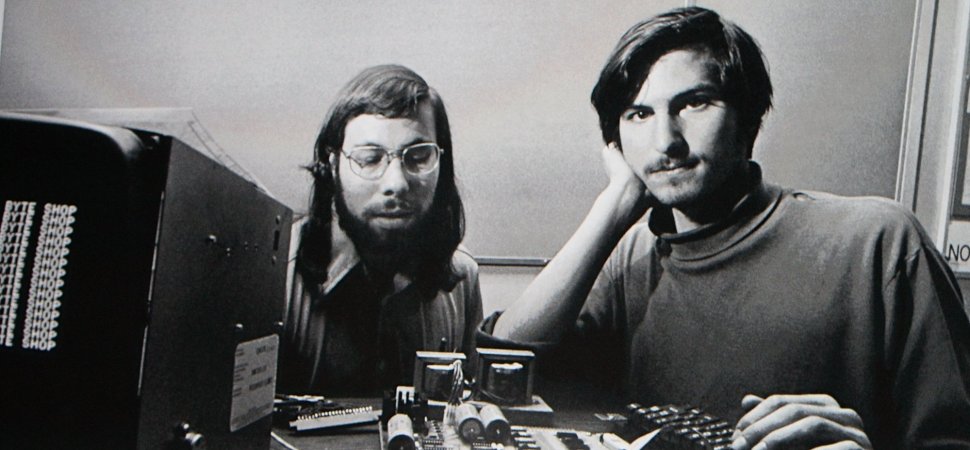Steve Jobs helped create wildly popular products that changed entire industries. (Hello, mobile devices. Howdy, music business.)
But while he definitely believed in his own ideas and the power of technology, he believed even more strongly in harnessing the ideas, the creativity, and the power of people.
Here’s Jobs from a 1989 Inc. interview:
I think humans are basically tool builders, and the computer is the most remarkable tool we’ve ever built. The big insight a lot of us had in the 1970s had to do with the importance of putting that tool in the hands of individuals.
Let’s say that–for the same amount of money it takes to build the most powerful computer in the world–you could make 1,000 computers with one-thousandth the power and put them in the hands of 1,000 creative people.
You’ll get more out of doing that than out of having one person use the most powerful computer in the world. Because people are inherently creative. They will use tools in ways the toolmakers never thought possible. And once a person figures out how to do something with that tool, he or she can share it with the other 999.
For every improvement we can make in the tools we give people, we can improve the ultimate results even more, thanks to this leverage. That’s what gets us so excited.
Jobs was notorious for his “my way or the highway” approach, yet he also believed in the leverage provided by harnessing the creativity, problem-solving ability, and intelligence of as many people as possible.
And so can you.
Don’t assume you have all the answers. Leverage the power of the people around you.
Don’t know how?
Ask them. (After all, Jobs also said that asking for help is the one thing that separates people who achieve from those who only dream.)
Most people will be happy to help. Everyone wants to feel valued and respected, and asking people for their opinions–or, better yet, asking for their help–is an awesome way to show you value and respect them.
Make it easy for friends and family to offer suggestions. Make it easy for peers and colleagues to offer advice. Make it easy for your employees to provide input.
And whenever you think an idea doesn’t have merit, take the time to explain why. (You will never be able to implement every idea, but you can always make people feel valued.)
No one ever does anything worthwhile on their own. Put your challenges, your dreams, and your goals in the hands of as many people as you possibly can. They’ll come up with ideas you never thought possible. They’ll develop solutions you never imagined.
Take me. My book, The Motivation Myth, comes out in January. I’ve never launched a book. Best-selling authors–and groundbreaking thinkers–like Adam Grant, Ryan Holiday, and Daniel Coyle have given me tons of advice.
All I had to do was ask.
All you have to do is ask.
As technologies continue to improve, it’s tempting to rely on tech as a driver and not just a tool. Yet even for Jobs, relying on the ideas, creativity, and innovation of people–not tools–was a fundamental perspective that served him incredibly well.
If it was good enough for Steve, it should definitely be good enough for the rest of us.












